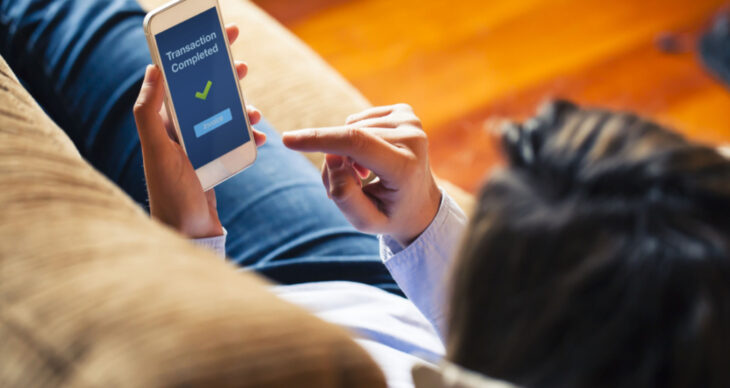Have you ever had your paycheck go missing, or worse, stolen? It’s more common than you think. Check fraud is a big problem, and it can leave you waiting for the money you need to pay your household expenses. Imagine not receiving your paycheck when the rent is due. Could you go days or even weeks without receiving your paycheck? Talk about stressful!
When you report that you haven’t received your paycheck or that it’s gone missing to your employer, your employer must first ensure you’re being honest and double-check to see whether or not you have been paid. The time it takes for your employer to investigate your report can delay your pay even longer.
But by getting direct deposit, you’d never need to worry about someone stealing or misplacing your paycheck again.
Plus, it’s much easier to follow an electronic paper trail than a literal paper one. For example, on a rare chance that your employer forgets to submit funds to your bank account, they need only look at the data electronically as part of their investigation. And, your bank can act as a third party witness that you have not yet been paid.
Additionally, you may have options for direct deposit advance payments, where you can receive your pay sooner.
Of course, if you’re the type of person who still wants physical proof of payment, you can still ask your employer for a paystub after you get direct deposit. This allows you to enjoy the security of having a physical receipt of payment while still being able to enjoy the many benefits of having direct deposit.
If you need direct deposit without a bank account, as your employer if they offer a direct deposit card. Many employers offer a direct deposit debit card to provide a more secure way to handle payday.
In fact, some employers have done away with paper checks entirely, and only offer bank direct deposit or a free direct deposit card.
Alternatively, you can also purchase a prepaid debit card with direct deposit and use that to receive your Social Security benefits, employee paychecks, and more.
When you enroll in direct deposit for the first time, you’ll need to provide your banking information, such as your checking or savings account number and your bank’s routing number. You’ll also need to provide your billing address and the name or names listed on the account. In some cases, you may also be asked to provide a voided check.
By getting direct deposit, you have more control over how you get paid. It’s not free money – it’s the money you already receive from Social Security, other government benefits, or money that you’ve earned through your employment. Direct deposit can also save you money overtime through long-term benefits and perks.
Continue reading to learn more about how direct deposit can save you money.
By Admin –



